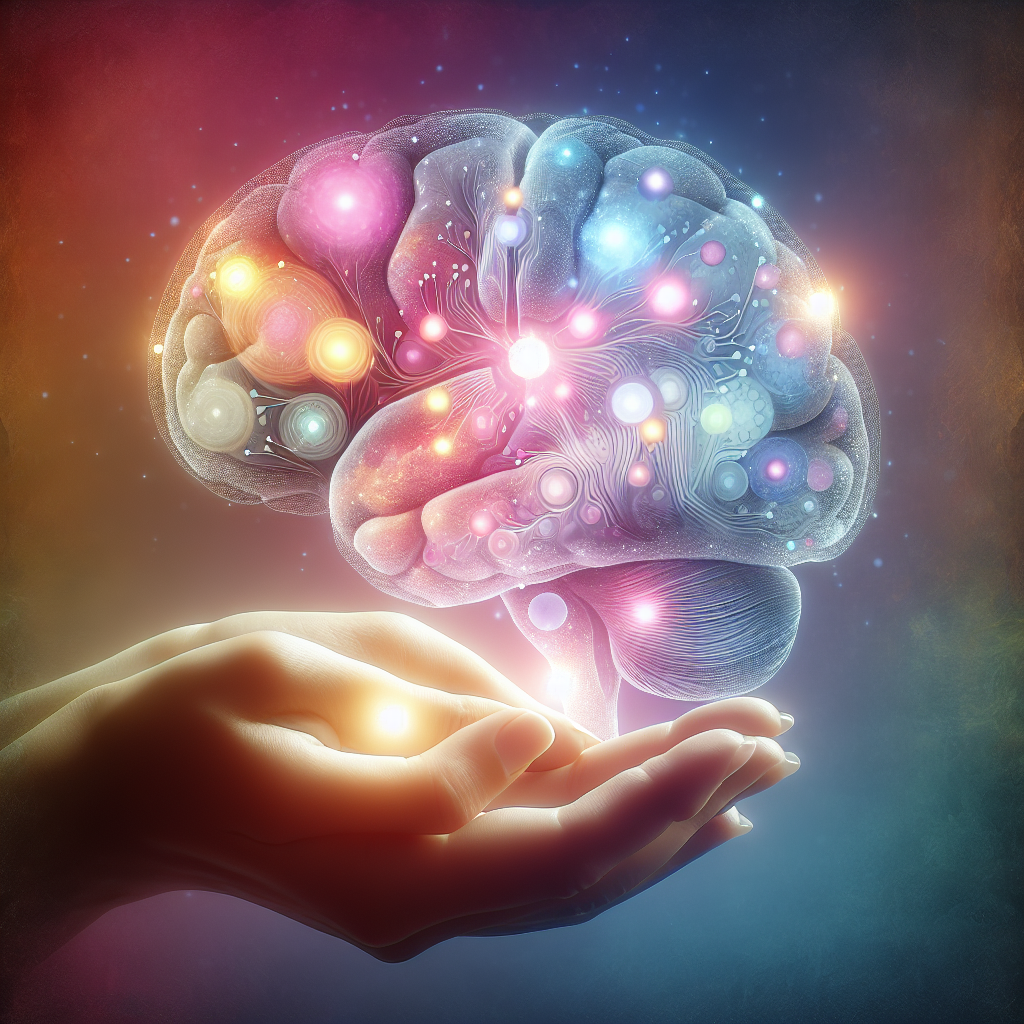Emotions are a part of our daily lives, shaping the way we think, behave, and interact with others. While experiencing emotions is a natural and healthy part of being human, it is important to recognize the significance of emotional regulation and how it can impact our overall well-being. Emotional regulation involves managing and controlling our feelings in a way that is constructive and adaptive, allowing us to navigate challenges and stressors effectively.
The ability to regulate our emotions plays a crucial role in fostering healthy relationships, making sound decisions, and maintaining mental health. When we lack emotional regulation skills, we may find ourselves feeling overwhelmed, reactive, and out of control. This can lead to conflict, impulsive behavior, and ultimately impact our physical and mental health.
Understanding Emotional Regulation
Emotional regulation is the process by which individuals influence which emotions they have, when they have them, and how they experience and express them. It involves being able to recognize, understand, and manage our emotions in a way that is appropriate for the situation at hand. This includes being able to regulate our emotional arousal, modify our emotional responses, and adapt to changing circumstances.
There are several components involved in emotional regulation, including:
1. Awareness: The first step in emotional regulation is being able to identify and recognize our emotions. This involves being attuned to our internal experiences and understanding what triggers certain emotions.
2. Acceptance: Once we are aware of our emotions, it is important to accept and validate them. This means acknowledging our feelings without judgment and allowing ourselves to experience them fully.
3. Understanding: Understanding the underlying reasons for our emotions can help us to better regulate them. This involves exploring our thoughts, beliefs, and past experiences that may be influencing our feelings.
4. Regulation: Once we have identified, accepted, and understood our emotions, we can begin to regulate them. This may involve techniques such as deep breathing, mindfulness, cognitive reframing, and problem-solving.
Benefits of Emotional Regulation
Emotional regulation is essential for maintaining mental and emotional well-being. When we are able to regulate our emotions effectively, we can experience a range of benefits, including:
1. Improved Relationships: Emotional regulation allows us to communicate effectively, resolve conflicts, and build stronger relationships with others. By managing our emotions, we can respond to others in a more empathetic and compassionate way.
2. Enhanced Decision-Making: When we are able to regulate our emotions, we can think more clearly and make better decisions. By keeping our emotions in check, we can avoid impulsivity and irrationality, leading to more thoughtful and informed choices.
3. Reduced Stress: Emotional regulation can help us cope with stress and adversity more effectively. By being able to regulate our emotional responses, we can prevent stress from overwhelming us and impacting our mental and physical health.
4. Increased Resilience: Emotional regulation can build resilience, enabling us to bounce back from setbacks and challenges more easily. By managing our emotions, we can adapt to change and recover from adversity with greater strength and perseverance.
Strategies for Emotional Regulation
There are many strategies and techniques that can help individuals regulate their emotions effectively. Some common strategies include:
1. Mindfulness: Mindfulness involves being present in the moment and observing our thoughts and feelings without judgment. This can help us become more aware of our emotions and respond to them in a calm and balanced way.
2. Deep Breathing: Deep breathing exercises can help regulate our emotions by reducing stress and promoting relaxation. Taking slow, deep breaths can help calm the nervous system and lower our emotional arousal.
3. Cognitive Restructuring: Cognitive restructuring involves challenging and changing negative or unhelpful thought patterns that contribute to negative emotions. By reframing our thoughts, we can alter our emotional responses and improve our mood.
4. Problem-Solving: When faced with challenging situations, problem-solving can help us regulate our emotions by finding practical solutions to the problem at hand. By focusing on solutions rather than dwelling on the problem, we can feel more in control and empowered.
5. Social Support: Seeking support from friends, family, or a therapist can help regulate our emotions by providing a safe and supportive environment to express our feelings. Talking to others can help us gain perspective, validation, and guidance.
FAQs
Q: What are some signs that indicate a lack of emotional regulation?
A: Some signs that may indicate a lack of emotional regulation include frequent mood swings, difficulty managing anger or anxiety, impulsivity, and difficulty coping with stress. Individuals who struggle with emotional regulation may also experience trouble forming and maintaining relationships, engaging in self-destructive behaviors, and feeling overwhelmed by their emotions.
Q: Can emotional regulation be learned and improved?
A: Yes, emotional regulation is a skill that can be learned and improved over time with practice and dedication. By developing self-awareness, learning coping strategies, and seeking support when needed, individuals can enhance their emotional regulation skills and experience greater emotional well-being.
Q: How can I support someone who is struggling with emotional regulation?
A: If you know someone who is struggling with emotional regulation, it is important to offer support and understanding. Encourage them to seek professional help if needed, provide a listening ear, and offer practical assistance when appropriate. Avoid judgment or criticism and instead, show empathy, patience, and compassion.
Q: What are some resources for learning more about emotional regulation?
A: There are many resources available for learning more about emotional regulation, including books, online courses, support groups, and therapy. Websites such as the American Psychological Association (APA) and the National Institute of Mental Health (NIMH) offer information and resources on emotional regulation and mental health. Additionally, speaking to a mental health professional can provide personalized guidance and support in improving emotional regulation skills.




Leave A Comment